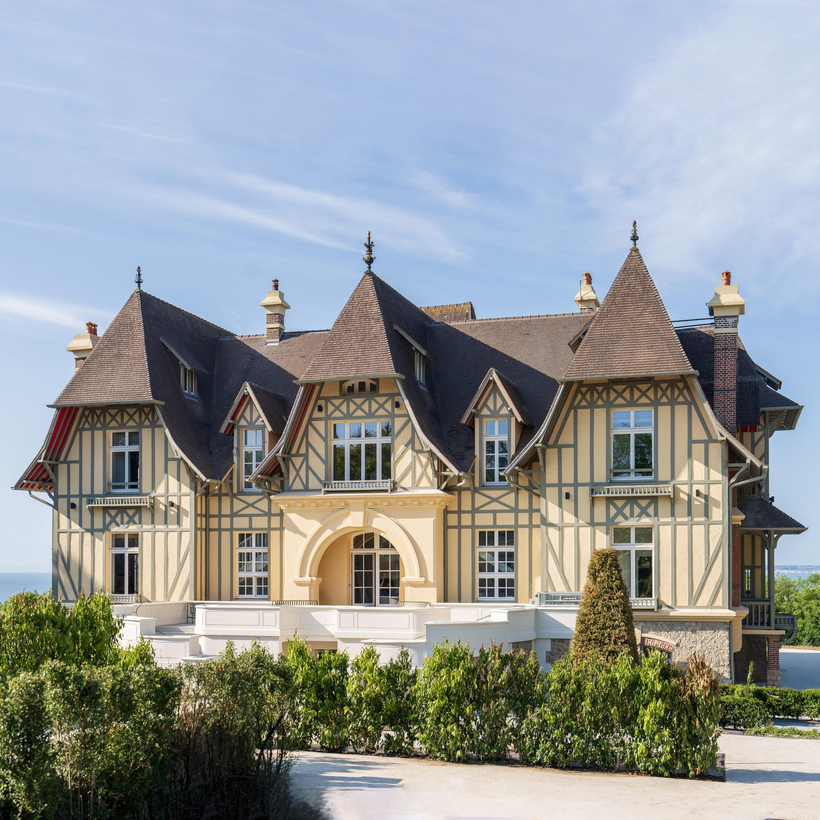Between the American Film Festival in September, a year’s worth of high-profile equestrian events, and a couple of very large, loud casinos, the seaside city of Deauville has been a scene since before your grandparents were born.
But the hotel offerings hadn’t met the moment for decades, with the most prominent five-stars having grown mumsy and long in the tooth. Until this summer, the best option for a luxurious stay was a half-hour away, possibly longer, depending on traffic, at the gorgeous Ferme Saint Siméon, in Honfleur.


